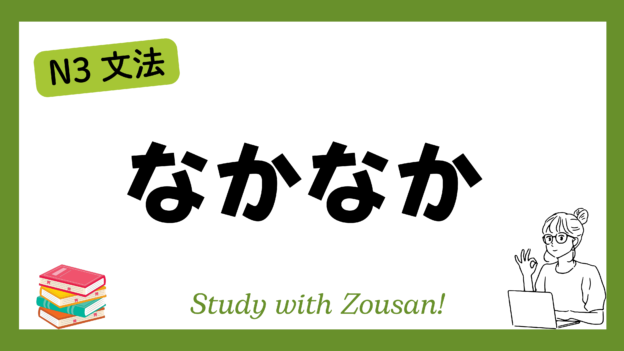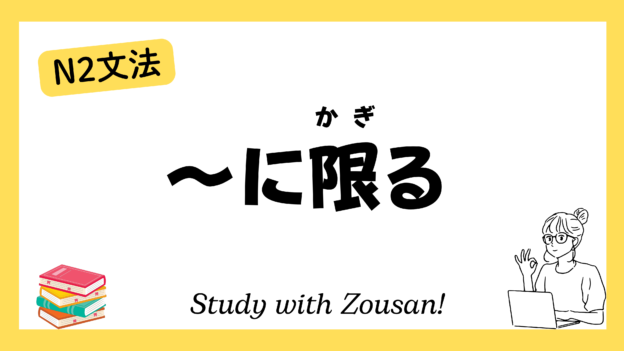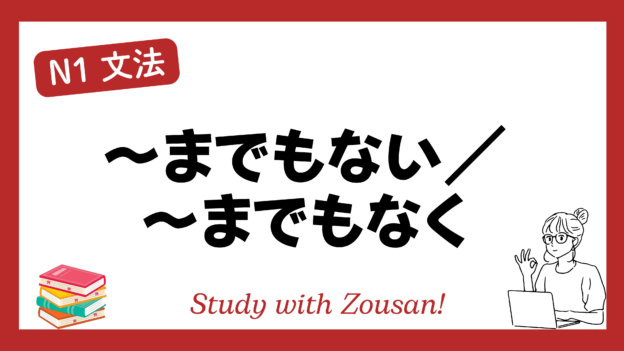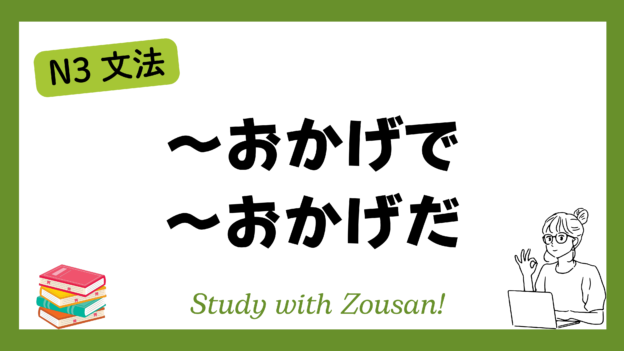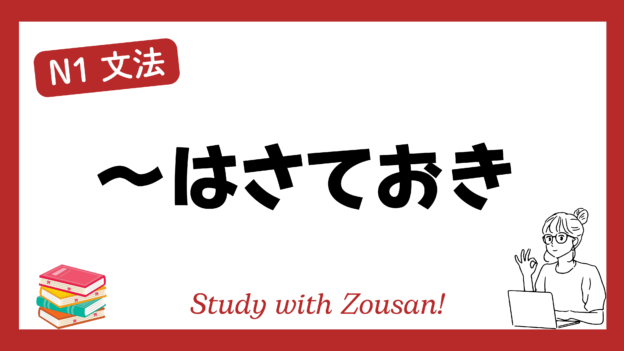N3文法:なかなか
Meaning: “Quite…” / “Not easily…”
“なかなか” can convey a positive or negative nuance depending on the context and verb form. When paired with affirmative verbs, it generally has a positive meaning, such as “quite” or “fairly.” When used with negative verbs, it expresses difficulty in achieving something, meaning “not easily” or “struggling to.”
※Note:
・With affirmative verbs: “なかなか” expresses a high degree of something.
・With negative verbs: “なかなか” indicates difficulty in achieving the desired outcome.
Structure:
| なかなか + | Verb |
| Noun | |
| Adjective |
Example:
-
-
-
🌟 なかなか仕事が終わらない。
(なかなか しごと が おわらない)
I can’t seem to finish my work. -
🌟 彼はなかなか来ない。
(かれ は なかなか こない)
He is not coming easily. -
🌟 日本語を勉強しているけど、なかなか上手にならない。
(にほんご を べんきょう している けど、なかなか じょうず に ならない)
I’m studying Japanese, but I’m not getting better easily. -
🌟 この問題はなかなか解けない。
(この もんだい は なかなか とけない)
This problem is hard to solve. -
🌟 彼の英語はなかなか上手です。
(かれ の えいご は なかなか じょうず です)
His English is quite good. -
🌟 この映画はなかなか面白かった。
(この えいが は なかなか おもしろかった)
This movie was quite interesting. -
🌟 なかなかの出来栄えですね。
(なかなか の できばえ ですね)
It’s quite well-made. -
🌟 なかなか予約が取れない。
(なかなか よやく が とれない)
It’s hard to get a reservation. -
🌟 その子はなかなか賢いです。
(その こ は なかなか かしこい です)
That child is quite smart. -
🌟 なかなかのチャンスですね。
(なかなか の チャンス ですね)
It’s quite an opportunity.
-
-



